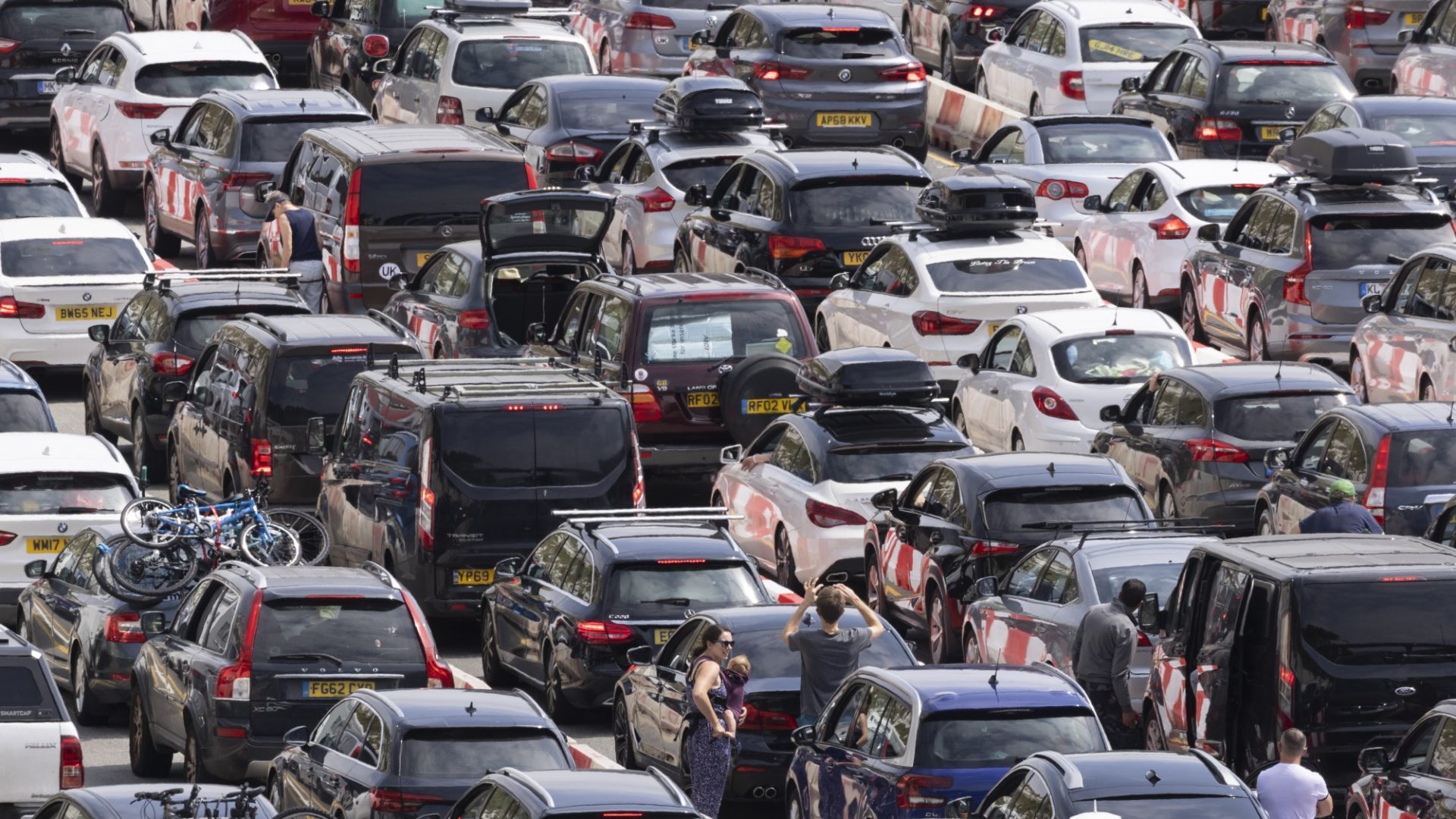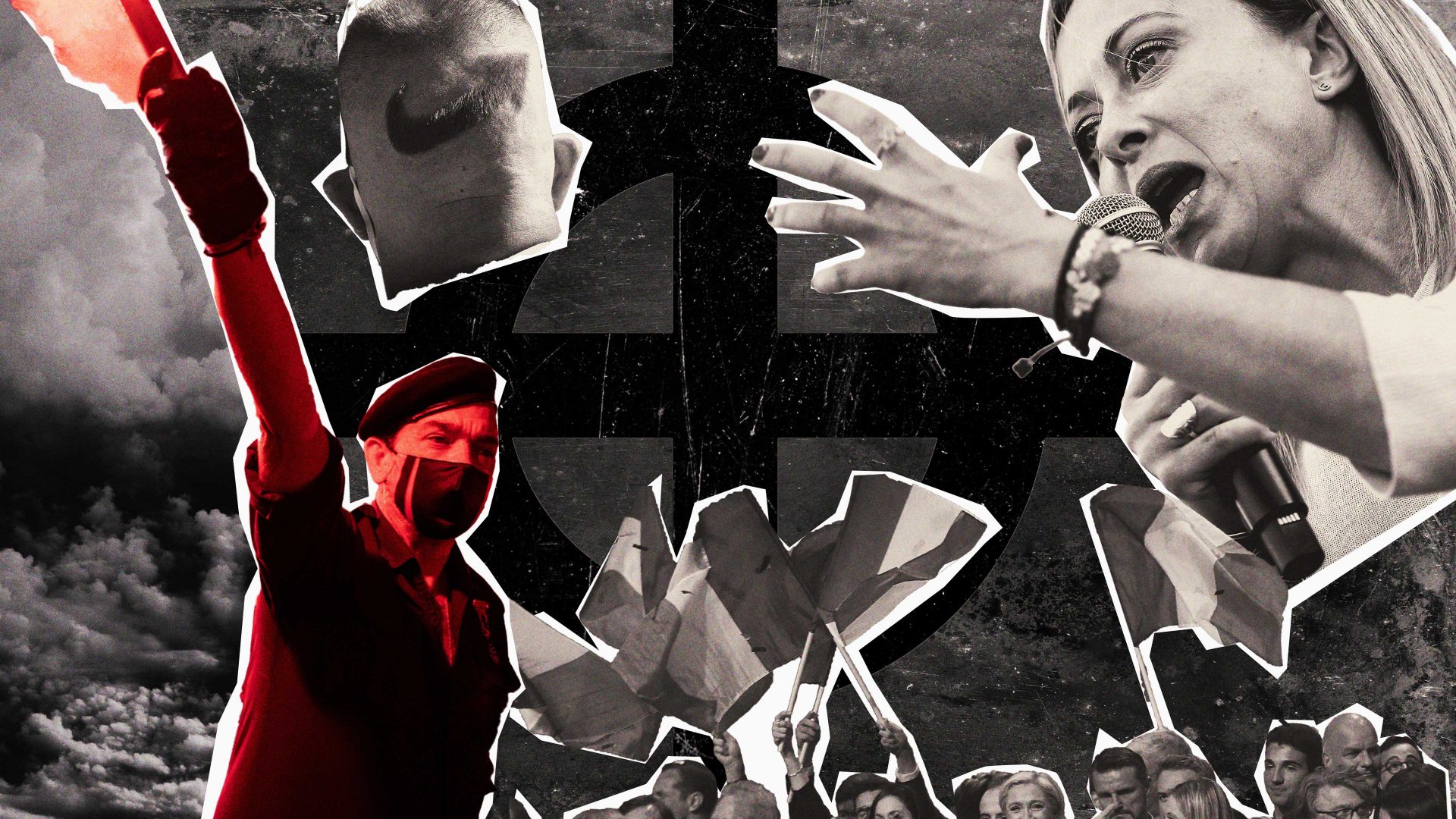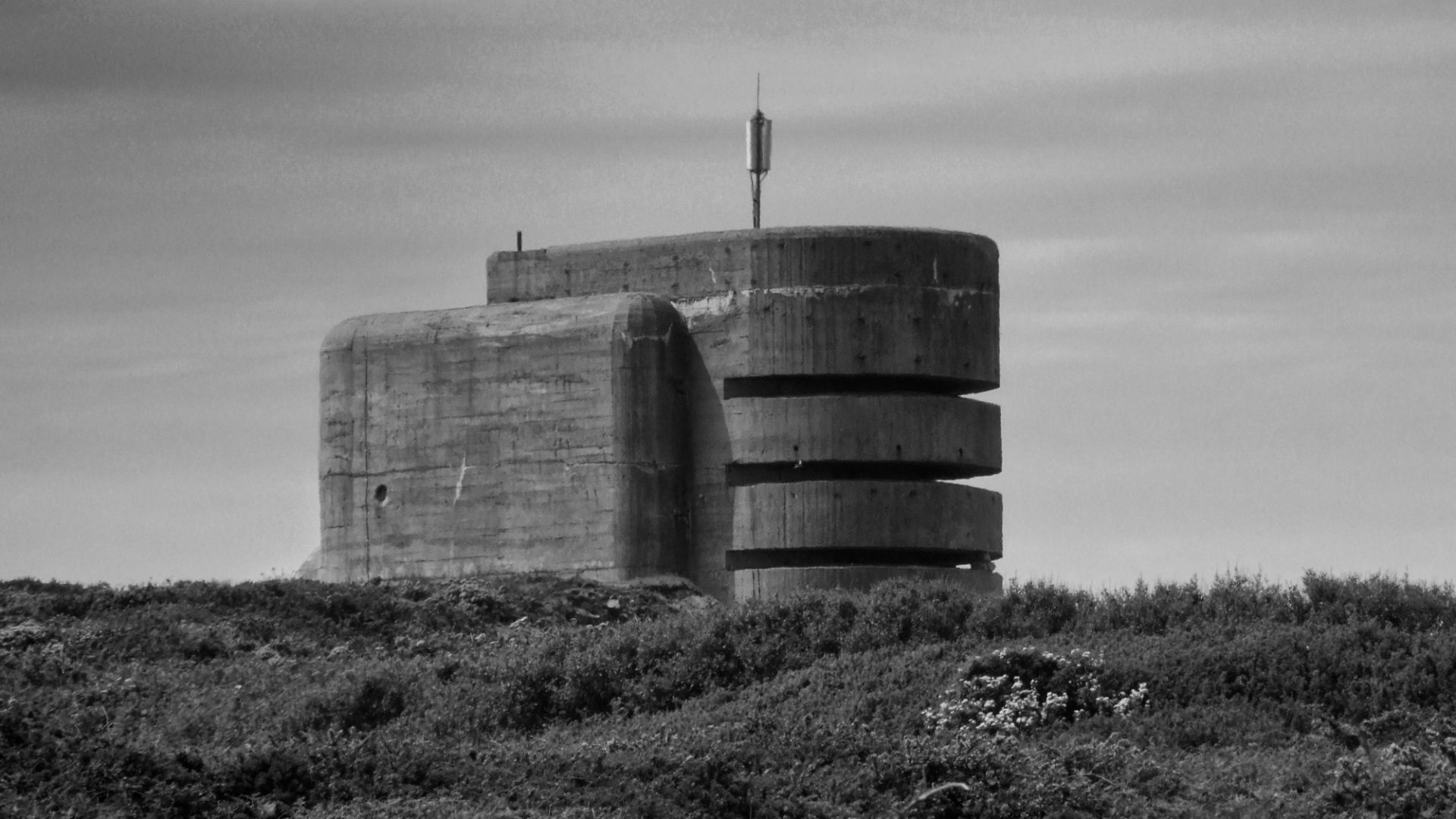A friend of mine has just come back from a short trip to France with a Brexit-supporting mate, who seemed amazed that they had to wait in a long queue at the French airport when the EU citizens channel was open and free.
This is the curse of the Brexit diehards: they cannot believe that the EU doesn’t know that we are special and they don’t see that the queues are being caused by their decision in June 2016.
Queues are not down to “French border control problems”, as Natalie Elphicke, the Tory MP for Dover, claimed the other day. Queues are not because the French, Spanish, Italians, Portuguese, Greeks or anyone else are being vengeful. Queues are just what Brexiteers voted for.
If you leave the EU and ask to be treated as a third country, the EU will oblige. It will insist that you must have your passport checked and (for now) stamped to make sure you are who you say you are and that you are not an illegal immigrant, a criminal or a terrorist, and that you are not overstaying your welcome. These were the kind of checks the Farageists wanted to impose on visitors to Britain, so it’s ironic the Farageists get annoyed when they are imposed on us.
Yet more evidence that Brexit is to blame for making travel far less pleasant will doubtless be ignored by its dwindling band of believers in the coming months as the great summer getaway starts. But if the chaos is anything like last year’s, the rest of us will notice.
The flight to the continent will start in earnest when state schools close for the summer – most on Friday, July 21. And with the rush will come more post-Brexit queues.
The emergency planning for queues at Dover has now entered the English language. Everyone knows what Operation Brock is: it is when miles of the M20 are turned into a huge car park at the first sign of problems. Just to give you an idea of how bad this summer might be for travellers using Eurotunnel and the ports of Dover and Folkestone, Operation Brock is already back in operation. It began, quietly, on July 14. It seems the Highways Agency, at least, has an inkling of what lies ahead.
This is bad enough for tourists with a car full of unhappy kids, but Dover is also the port through which 35% of the UK’s trade passes.
The queues last year and over Easter this year were two to three hours long for lucky cars, and for coaches as long as 24 hours.
The government was forced to act, and allocated £45m from the levelling-up fund to try to fix the problems. That is £45m that could have been spent on actually helping run-down parts of the country, but which will now be spent trying to sort out the chaos that Brexit has caused in Dover.
The Port of Dover says it has been working very hard since the problems began this Easter. It has been building new coach-processing facilities, which will hopefully keep the delays down to “just” two hours. But sceptics will say that the authorities were also very confident ahead of Easter, and that was a disaster, with coaches turning around and abandoning foreign trips after 24 hours in the queues.
The new system’s real test will come in the next few weeks, but there is some good news. The EU has delayed introducing its new Entry Exit System (EES) until after the summer rush.
EES was set to be introduced in May. It promises to do away with passport stamps by digitising everything – that’s the good news. But in return, it will require all travellers to be photographed and fingerprinted on their first trip. That’s annoying, but not too bad when you are already queuing up individually at the airport. For a family of four in a car at Dover, though, there was the confident expectation that delays would have increased sevenfold. So not two to three wasted hours, but up to 21 hours in a traffic jam at the border.
Now EES – not to be confused with ETIAS, the European Travel Information and Authorisation System – will be introduced at the end of this year, giving ports and airports another six months or so to prepare.
But ports like Dover do not have the facilities for the tests or the space to build them, and there are fears that this means every car passenger getting out of their vehicle to be tested. That would not only cause huge delays, but also create a real safety concern, because the port has not been designed to allow people to get out of their cars and walk about at the border.
Those joys are ahead of us as the summer getaway is only days away.
Dover has its own special problems, many caused by the cramped position of the port below the White Cliffs, but the Eurotunnel terminal was also built with the basic assumption that the UK was in the EU to stay. Last summer there were queues of more than 18 hours for some lorry drivers and unlucky families stuck in an endless jam around Folkestone, as the tunnel operators failed to cope with the added border checks.
Eurostar’s stations were also constructed with the simple assumption that the UK was in the EU. As anyone who passes through the station can see, there is not enough space at the St Pancras terminal to process passengers quickly or to allow trainloads of people through passport control to wait in the cramped departure lounge. Some Eurostar trains travel with empty seats that could have been sold, just because the company can’t get passengers on board on time.
Airports should be a better option, although easyJet has already cancelled hundreds of flights this summer, and air traffic control problems over Europe will bring more hassle. Yet the biggest issue with air travel is often the huge queues getting back through UK passport control, where there is a chronic shortage of staff for a taxing and not brilliantly paid job that demands shift work in hard-to-reach places. It’s not a huge leap to say that the staff shortages have got worse because some workers, tired of all the above, left to take less demanding jobs vacated by EU citizens after Brexit and the Covid pandemic.
So the travel sector is facing an uneasy summer, followed by significant disruption once EES is fully introduced.
It might help if the government had actually spent the last seven years preparing properly for what the industry saw coming very clearly. But that was difficult for this bunch, for one obvious reason.
It’s bad enough when it’s your mate’s mate who dismissed all the predictions of chaos as just a Remainer lie, and now sees actual chaos as just the French or Belgians having a fit of pique. But here, an entire government has built its strategy on the same crazy beliefs.
Still, it’s something to talk about in the queue…




